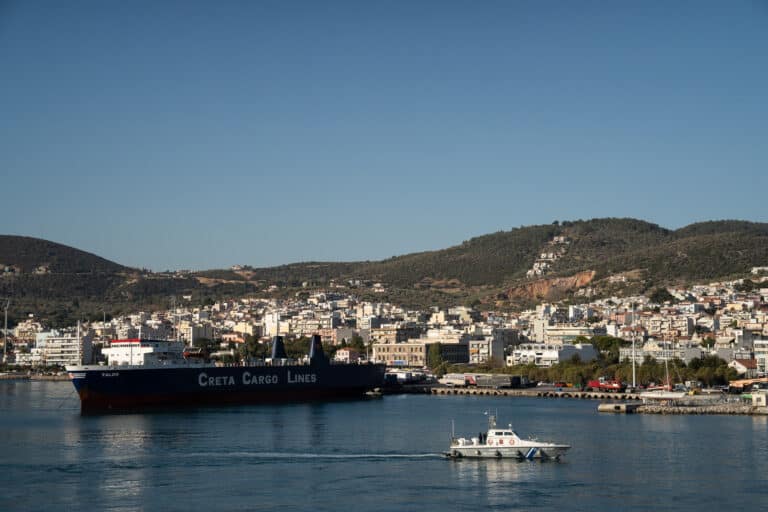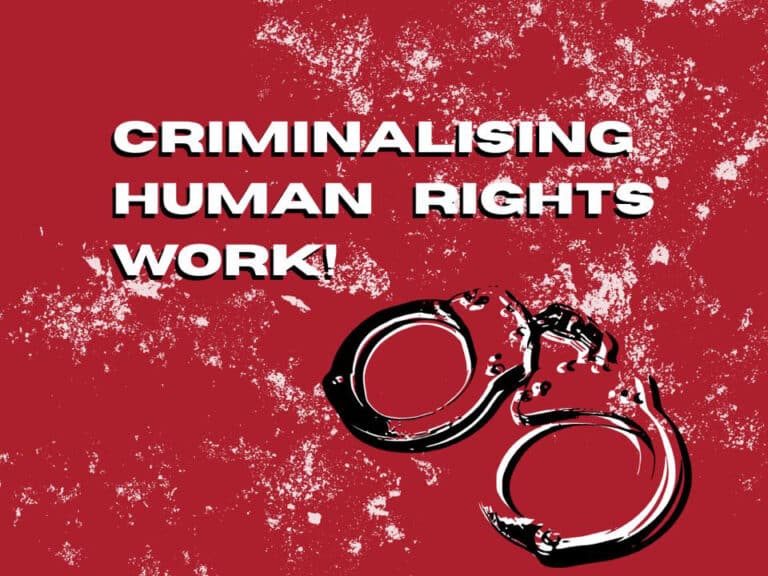CPTnet
10 August 2010
COLOMBIA: One year later: palm, displacement, and murder
by Julie Myers
July 14 marked one year since the displacement of the Las Pavas community from their land. One year since the riot police showed up and forced 123 families out of their homes. One year since 60 hectares of their food crops were uprooted, 14 homes were demolished, their trees were cut down, and everything was burned. One year since the families began sleeping under plastic tarps, displaced from their ravaged land. A lot can change in a year, but unfortunately, a lot has remained the same.
A mono-crop of oil palm, the invasive export crop fueling the “green revolution” in the global north, continues to fill the once diverse land of Las Pavas with oil that is sold to The Body Shop to make cosmetics. [Mono-cropping is the large-scale planting of one crop year after year. This agricultural business model, used to increase efficiency and profits, also depletes the soil of nutrients, increases vulnerability to disease and pests and destroys the livelihood of small-scale farmers.]
Meanwhile, in the department of Sucre, the farmers of La Alemania farm are slowly returning to their land, after paramilitaries violently displaced them ten years ago. But their return is not without consequences.
On May 18, five masked gunmen killed Rogelio Martinez, a campesino leader and human rights activist of La Alemania. Martinez had accompanied families back to their farms. For refusing to accept the theft of his land, he was killed. And he is not the only casualty from the La Alemania farm; paramilitaries have murdered fifteen people of that farm in their struggle for land since 1998. Martinez is the 45th human rights activist murdered in Colombia in the last year and over 400 have received threats. Not a single arrest has been made.
These are not unrelated events.
In a country where less than half a percent of landowners own 61% of rural land[1], the continual displacement of campesino communities in Colombia is a strategic one. In Las Pavas, it was to make way for oil palm planting by the Daabon company. The oil is then sold to The Body Shop to make cosmetics. In the department of Sucre, the fertile land is rapidly being usurped for mega-projects like mono-cropping. Rogelio Martinez was murdered because the land is valuable to big business. It is very possible that the farm of La Alemania is intended for oil palm as well.
Where do we go from here? First check out Las Pavas’s video message entitled, “Listen to us, dear
friends.” Secondly, keep an eye open for news and action requests in solidarity with the Las Pavas community. We can’t wait until more human rights and land rights activists like Rogelio are murdered. They pay for their resistance with death. We must join their struggle for justice.
Click here for “Listen to us, dear
friends.”
——-
[1] “Poverty, Inequality, and Drugs.” ABColombia.



